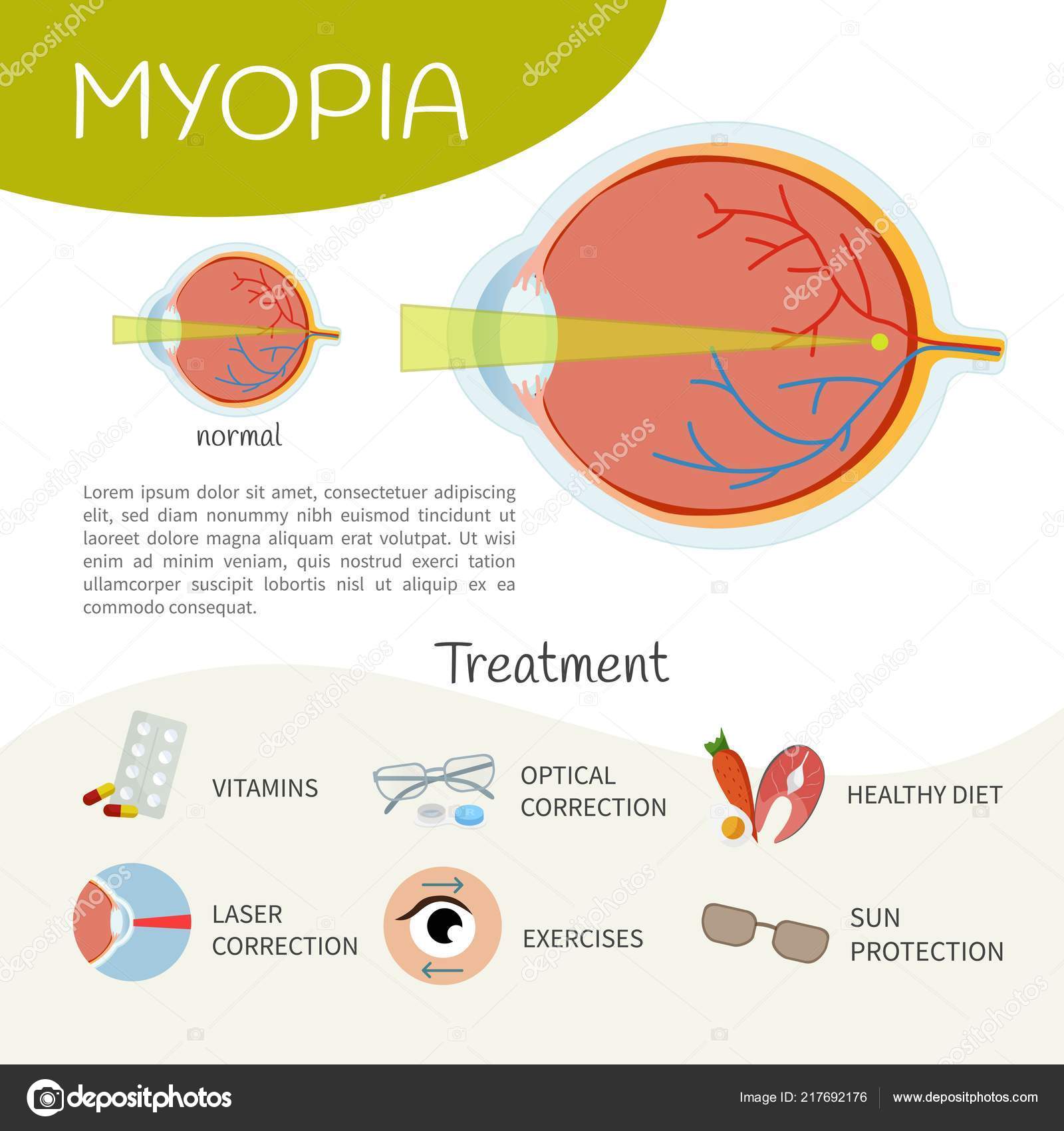If you're pondering SMILE eye surgical treatment, ponder this: are you prepared to welcome possible aesthetic freedom, or does the idea of any threats make you think twice? Your choice will depend upon a mindful balance of considering the advantages against the uncertainties. It's essential to dig much deeper right into the subtleties of SMILE surgical treatment to make an informed choice that aligns with your aesthetic objectives.
Recognizing SMILE Eye Surgical Treatment
When thinking about SMILE Eye Surgical treatment, it is very important to understand the procedure and its advantages. SMILE, which stands for Little Incision Lenticule Removal, is a minimally intrusive laser eye surgical treatment that corrects typical vision troubles like nearsightedness (nearsightedness).
Throughout the treatment, your eye specialist will use a femtosecond laser to produce a tiny laceration in your cornea. With this cut, a small disc of tissue called a lenticule is gotten rid of, improving the cornea and fixing your vision.
One of the key advantages of SMILE Eye Surgical treatment is its fast recuperation time. Numerous clients experience improved vision within a day or more after the treatment, with very little pain.
Additionally, SMILE is understood for its high success rate in offering lasting vision improvement. Unlike LASIK, SMILE does not require the production of a flap in the cornea, decreasing the risk of problems and allowing for an extra stable corneal structure post-surgery.
Understanding the treatment and its benefits is vital when taking into consideration SMILE Eye Surgery for vision improvement.
Benefits and drawbacks of SMILE
Taking Into Consideration SMILE Eye Surgical treatment for vision improvement features numerous benefits and potential drawbacks.
Among the main pros of SMILE is its minimally invasive nature, as it involves a little incision and usually results in quick recuperation times. Optometrist Vs Ophthalmologist is likewise recognized for triggering minimal discomfort and dry eye signs post-surgery contrasted to various other vision correction techniques. Furthermore, SMILE has actually been revealed to provide excellent visual outcomes, with numerous patients achieving 20/20 vision or much better.
On the other hand, a potential con of SMILE is that it might not be suitable for people with severe refractive errors, as the therapy variety is somewhat minimal contrasted to LASIK. One more consideration is that the understanding contour for specialists executing SMILE can affect the schedule of knowledgeable companies in certain locations.
It is very important to evaluate these advantages and disadvantages carefully when determining if SMILE is the right choice for your vision correction demands.
Figuring Out Qualification for SMILE
To determine if you're qualified for SMILE eye surgical treatment, your eye doctor will carry out a detailed assessment of your eye health and vision needs. During this examination, factors such as the security of your vision prescription, the thickness of your cornea, and the total health and wellness of your eyes will be assessed.
Typically, prospects for SMILE are over 22 years old, have a steady vision prescription for at the very least a year, and have healthy corneas without conditions like keratoconus.
Your eye doctor will certainly likewise consider your total eye health and wellness, any existing eye problems, and your lifestyle needs to establish if SMILE is the ideal option for you. It's important to connect any specific visual requirements or concerns you may have during this examination to guarantee that the treatment aligns with your expectations.
If you aren't eligible for SMILE, your optometrist may advise alternate vision correction choices that better match your private requirements and eye wellness standing.
Recommended Internet page , choosing whether SMILE eye surgical treatment is right for you needs cautious consideration of your specific eye wellness and visual requirements. Speak with your eye doctor to determine your qualification for the procedure and weigh the possible benefits and disadvantages. Remember to communicate any kind of issues or questions you might have throughout the examination procedure to make an enlightened decision concerning your vision improvement alternatives.
